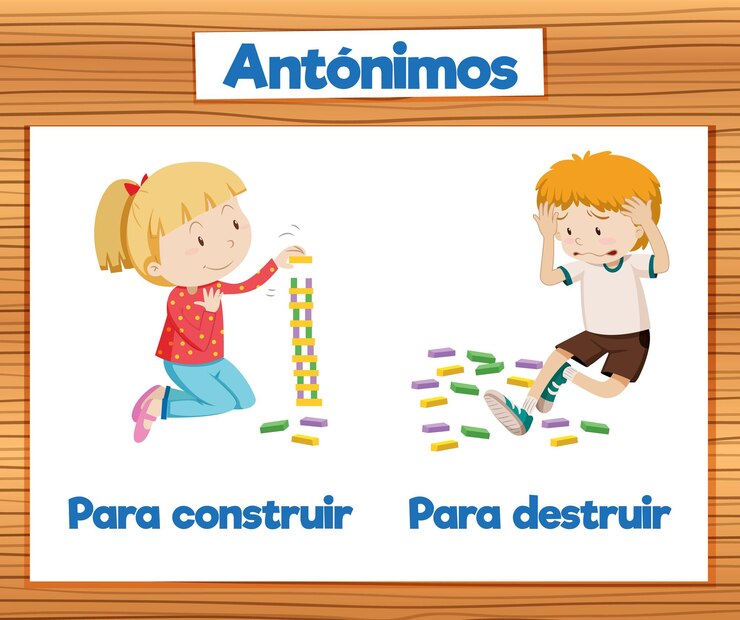Understanding a child’s behavior is essential to the successful parenting process, as it helps parents and educators interact with the child in a way that enhances their emotional and social development. This process requires identifying the factors that influence a child’s behavior, such as their age, personality, and surrounding environment. In this article, we will learn how to understand children’s behavior, and what are the effective ways to deal with it, in order to build a healthy and balanced personality for the child.
What is a child’s behavior and why does it change?
A child’s behavior expresses their reactions and actions towards the environment and people around them. Behavior may be an expression of certain feelings such as anger, sadness, or happiness. It is natural for a child’s behavior to change with the stages of their development, as their interests and ability to express themselves change over time. Changes in behavior can be the result of external factors such as moving to a new environment, or internal factors such as biological and psychological changes that occur in their body and mind.
Factors affecting a child’s behavior
- Family environment
The family environment plays a major role in shaping a child’s behavior. Children who live in a supportive and caring environment often have calm and balanced behavior, while a negative environment may lead to undesirable behaviors. The parenting style, whether democratic or strict, is reflected in the child and affects his or her behavior. - Age development
Each age group of a child has certain characteristics that affect his or her behavior. Children in the early years of their lives tend to love exploration and express their need for help. While in the preschool stage, the child becomes more independent, but may have difficulty controlling his or her emotions. Knowing the characteristics of each stage helps parents interact with their child appropriately. - Psychological factors
Psychological factors such as self-confidence, anxiety, and depression also affect a child’s behavior. For example, a child may feel anxious when facing major changes in his or her life, such as starting school or having a new sibling. This anxiety may translate into aggressive or withdrawn behavior. It is important for parents to deal with these situations carefully and understand the underlying reasons behind the behavior.
Effective Ways to Understand Child Behavior
- Close Observation
Parents can better understand their child’s behavior by observing them while playing and interacting with their peers. Play is one of the most important means of expression for children, as parents can learn about their child’s tendencies and interests through the games they choose and how they deal with different situations. - Open Dialogue
Encouraging the child to express their feelings and thoughts through open dialogue helps parents understand what is going on in their mind. It is important for the child to learn how to express their feelings with words instead of violent actions or screaming. Parents can start the dialogue with a simple question such as: “How was your day today?” and listen positively to their answer. - Responding to the child’s needs
A child’s behavior is greatly affected when they feel that their needs are not being met. They may resort to unwanted behavior such as crying or stubbornness to attract attention. By providing emotional support and responding immediately to their needs, the child can feel safe and reduce their resort to negative behaviors.
How to deal with unwanted child behavior?
Sometimes, a child may display undesirable behavior, and here parents must deal wisely. Certain strategies can be followed to help modify behavior in a positive way:
- Use positive reinforcement
Positive reinforcement is one of the best ways to modify behavior. When a child is observed to behave positively, parents should praise and encourage him with encouraging words. For example, if a child helps his friends play, a parent can say to him: “You are great, you were cooperative.” This type of reinforcement enhances positive behavior. - Avoid severe punishment
Severe punishment may backfire, as the child becomes more rebellious. Instead of punishment, a positive reward and punishment method can be used, such as depriving him of playing for a short period if he does not follow the rules, which makes him realize his mistake without affecting his self-confidence. - Learn from previous experiences
When a child faces situations that lead to undesirable behavior, parents can talk to him after he calms down to help him learn from the experience and understand how to deal with negative feelings in the future.
Understanding a child’s behavior is an essential factor in developing a child’s personality and guiding him or her towards positive behaviors. By understanding the factors influencing a child’s behavior and using effective parenting methods, parents can achieve psychological and emotional balance for the child, which helps him or her grow in a healthy and stimulating environment.




